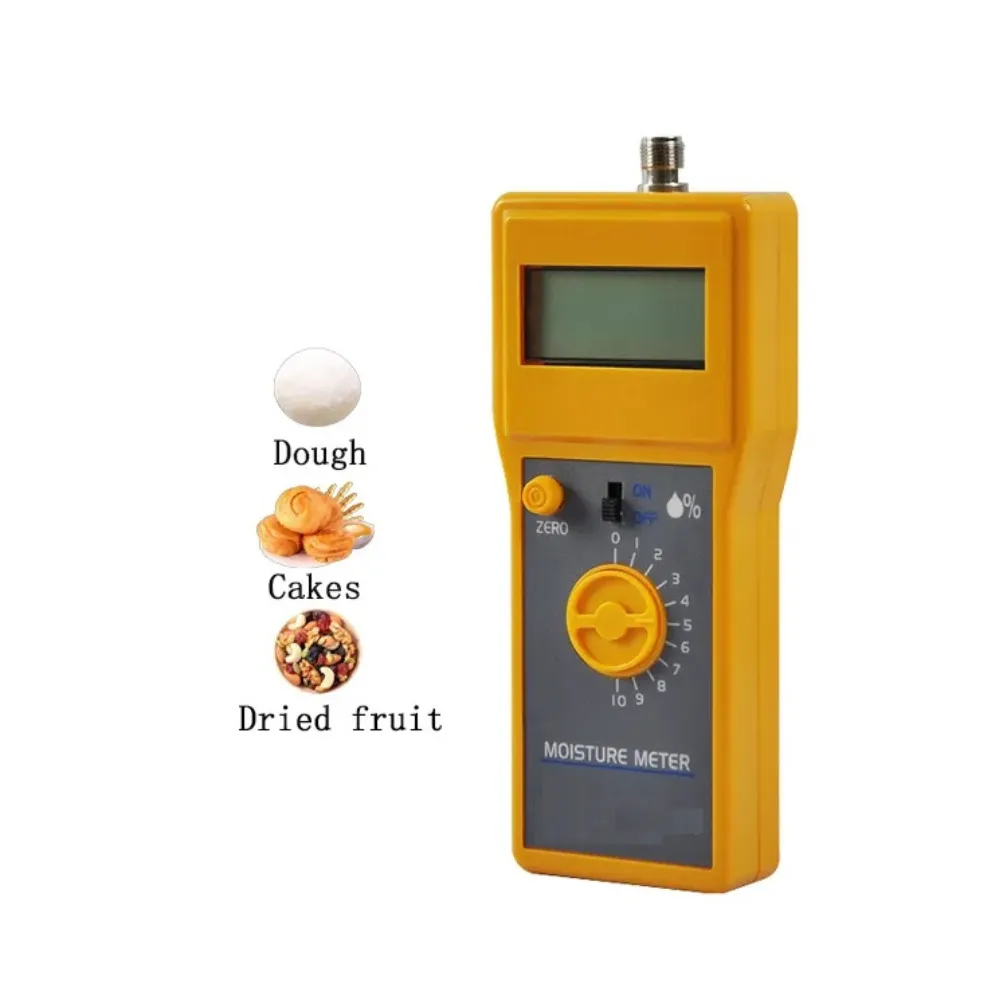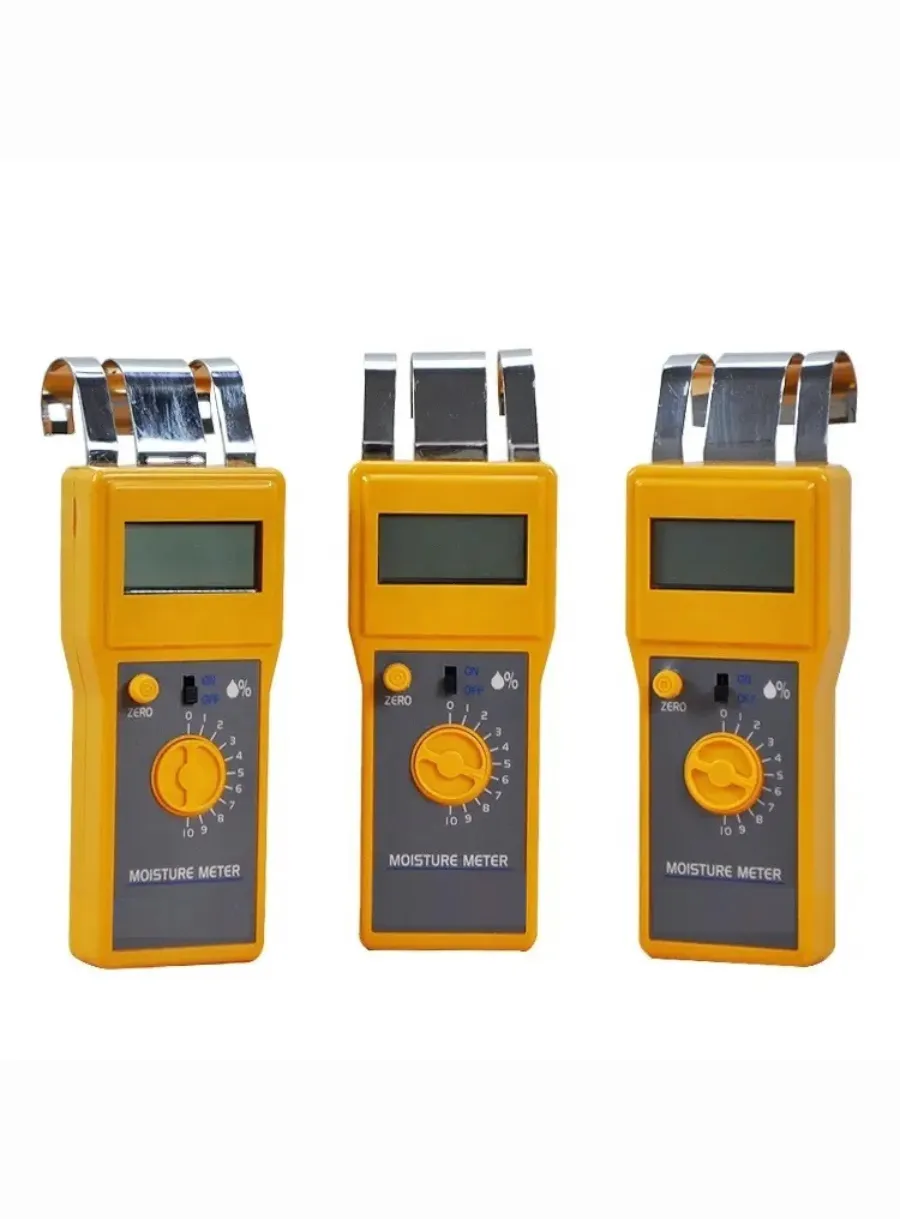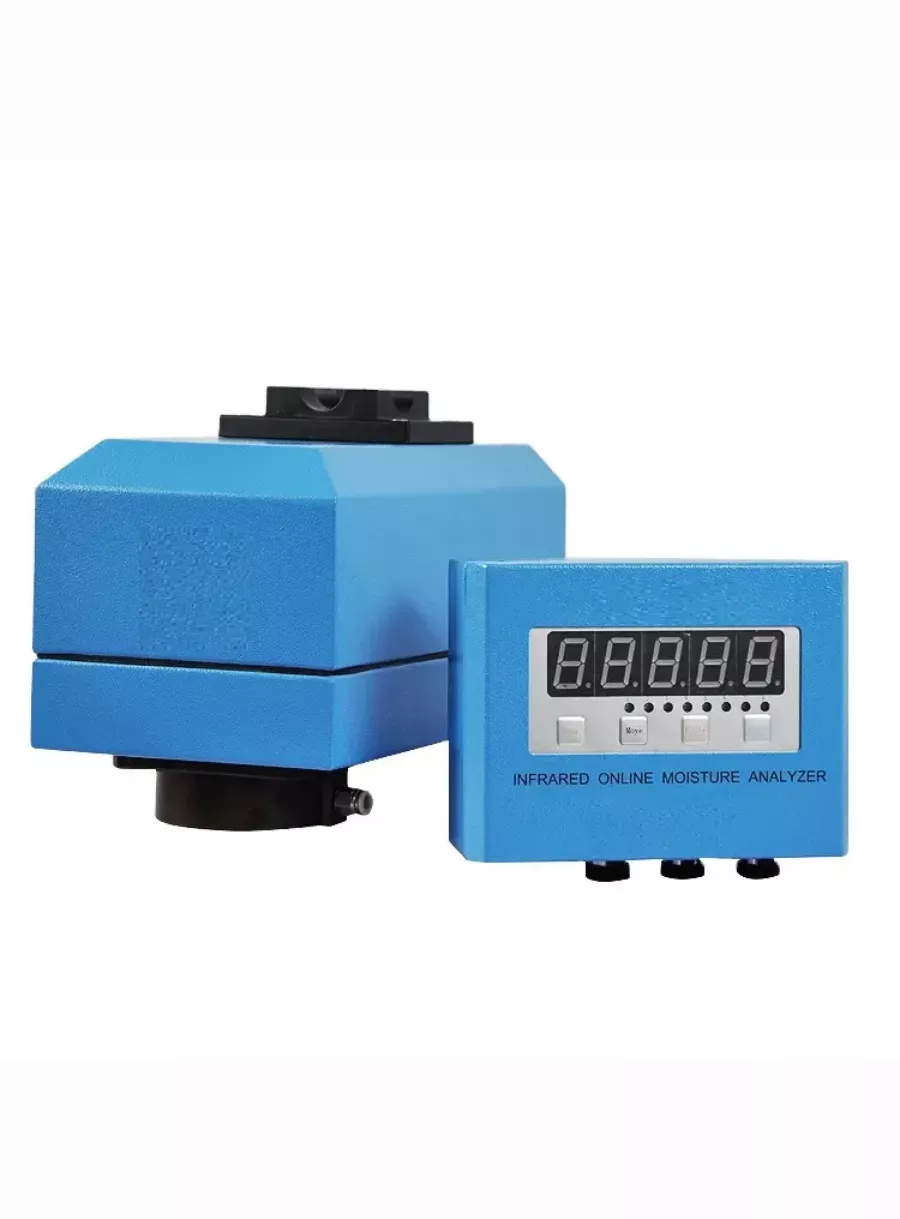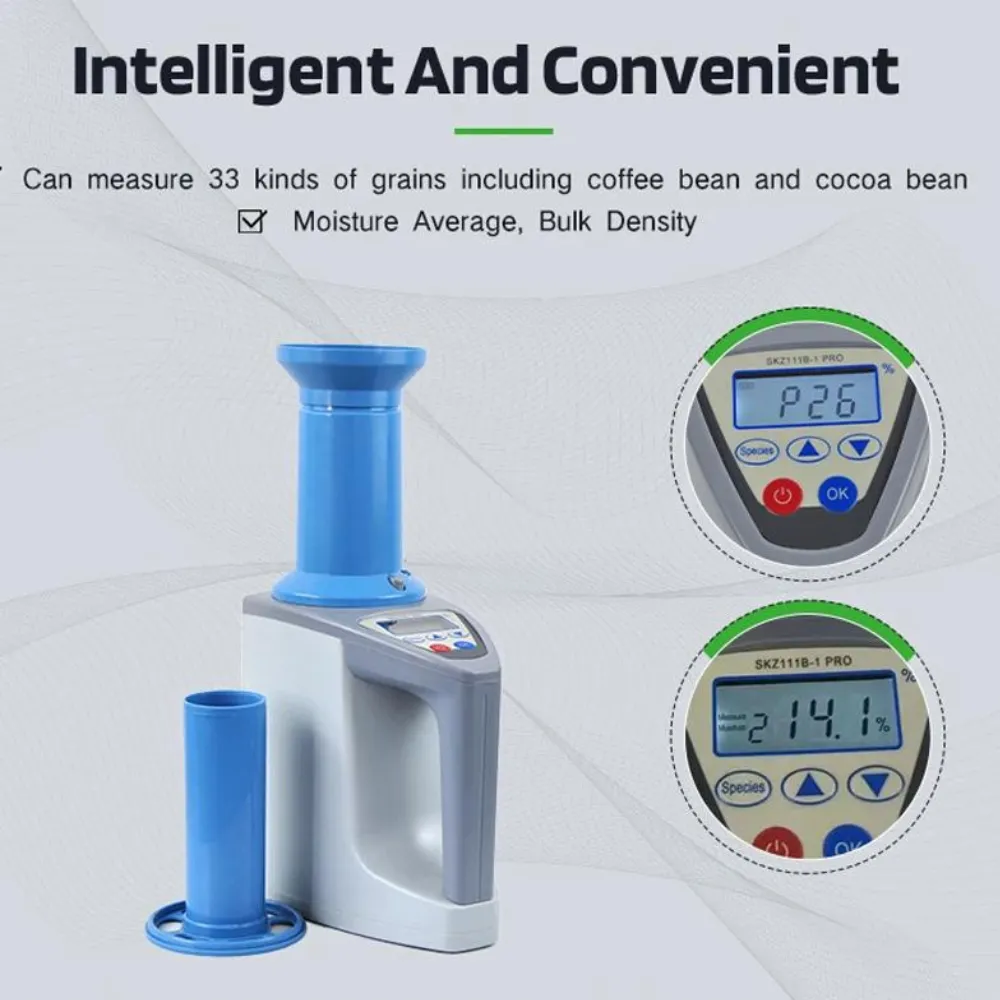
Cotton Moisture Meters and Sustainable Cotton Production
Table of Contents

Cotton moisture meters are devices designed to measure the moisture content of cotton bolls, seeds, and fibers. These meters use various techniques, such as capacitance, microwave, and infrared, to determine the moisture levels in cotton. By providing accurate and real-time moisture readings, cotton moisture meters enable farmers, ginners, and textile mills to make informed decisions regarding the optimal time for harvesting, ginning, and processing cotton.

One of the primary benefits of using cotton moisture meters is their ability to promote sustainable cotton production. By ensuring that cotton is harvested and processed at the optimal moisture content, these meters help to reduce the risk of fiber damage, which can lead to lower yields and reduced fiber quality. Additionally, cotton moisture meters can help to minimize the use of water and energy resources in the cotton production process, contributing to a more environmentally friendly and sustainable industry.
Furthermore, cotton moisture meters can play a vital role in maintaining the quality and value of cotton. By providing accurate moisture readings, these meters enable farmers and ginners to make informed decisions about when to harvest and process their cotton, ensuring that the fiber is at its peak quality and value. This, in turn, can lead to increased profits for farmers and ginners, as well as higher-quality textiles for consumers.
In addition to their role in promoting sustainable cotton production, cotton moisture meters can also contribute to the overall efficiency and profitability of the cotton industry. By providing real-time moisture readings, these meters enable farmers and ginners to make more informed decisions about when to harvest and process their cotton, reducing the risk of fiber damage and ensuring that the fiber is at its peak quality and value.
Comments
Tags
Frequently Asked Question
Accurate cotton moisture measurement is crucial as it directly impacts the quality, strength, and value of the cotton fiber, which is essential for optimal harvesting, processing, and marketing.
Cotton moisture meters use various techniques, such as capacitance, microwave, and infrared, to measure the moisture content of cotton bolls, seeds, and fibers, providing real-time and accurate readings.
Cotton moisture meters promote sustainable cotton production by helping to reduce the risk of fiber damage, minimize the use of water and energy resources, and contribute to a more environmentally friendly and efficient cotton industry.
Cotton moisture meters enable farmers and ginners to make informed decisions about the optimal time for harvesting and processing cotton, ensuring peak quality and value, which can lead to increased profits and higher-quality textiles for consumers. They also contribute to the overall efficiency and profitability of the cotton industry.


